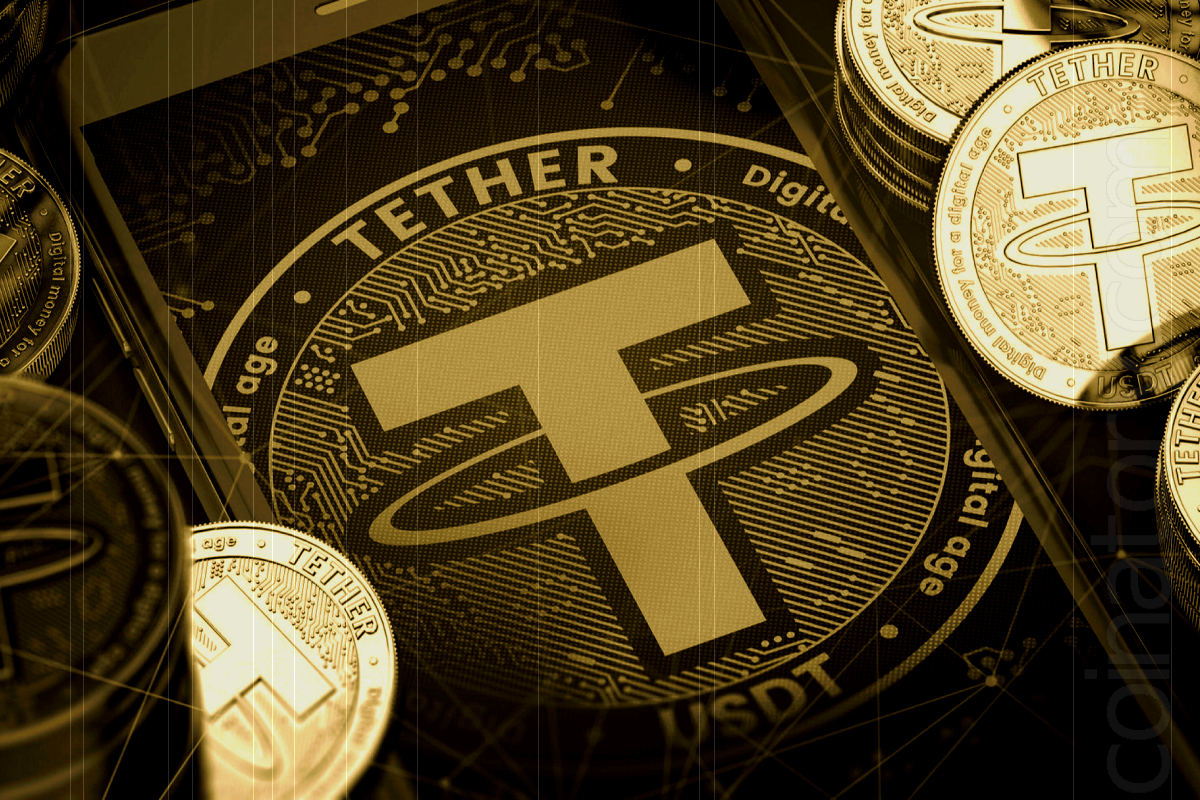
U.S. Securities and Exchange Commission (SEC) Commissioner Caroline Crenshaw has sharply criticized her agency’s latest guidance on USD-backed stablecoins, claiming it underplays systemic risks and distorts market realities. Her remarks follow the SEC’s recent statement that some stablecoins, if meeting specific criteria, will not be treated as securities and are exempt from transaction reporting requirements.
In an April 4 statement, Crenshaw—who has consistently voiced skepticism toward digital assets, including opposing the approval of spot Bitcoin ETFs—argued the SEC’s position “contains legal and factual errors that paint a distorted picture of the USD-stablecoin market that drastically understates its risks.”
Crenshaw specifically objected to the SEC’s characterization of issuer practices that ostensibly stabilize price, ensure redeemability, and reduce risk, stating that such representations are “misleading.” She further criticized the assertion that retail users can sometimes only access stablecoins through intermediaries, countering that over 90% of stablecoins are distributed exclusively via secondary market platforms, not directly from issuers.
Crenshaw also warned against overreliance on reserve ratios, stating that a stablecoin issuer’s reserves—even if equal to or exceeding outstanding token supply—do not reveal the issuer’s broader financial health or exposure to proprietary trading risks. “Stablecoins always carry risk, particularly in times of market stress,” she said.
Despite Crenshaw’s criticism, many in the cryptocurrency industry welcomed the updated SEC guidance. Ian Ballina, founder of Token Metrics, characterized it as a “clear step” toward regulatory clarity. Tan Tran, CEO of Vemanti Group, called the move overdue, expressing hope the agency had reached this position three years earlier. Similarly, Ian Kane of Midnight Network said it “feels like progress” for crypto companies working to remain compliant.
The debate unfolds as stablecoin issuer Tether reportedly engages with a Big Four accounting firm to audit its reserves. On March 22, Tether CEO Paolo Ardoino noted that under a pro-crypto administration, such as that of former President Donald Trump, the audit process could become more streamlined.
Crenshaw’s comments highlight the deep regulatory divide within the SEC and broader tensions between crypto industry actors and policymakers over how to regulate the growing stablecoin sector.







